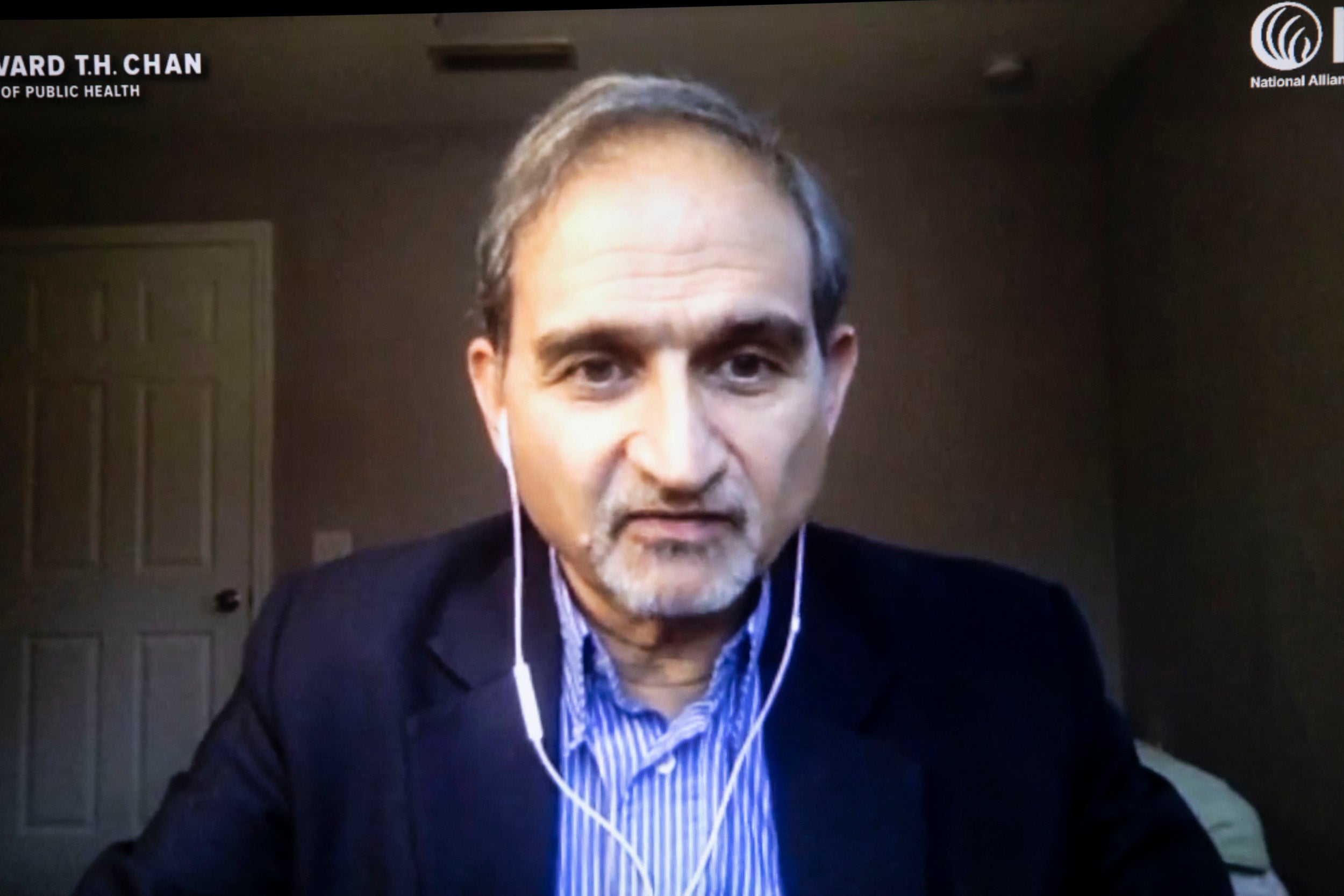
Health
Nurse practitioners fill care gaps amid surge in mental health demand
Chan School researchers analyzed prescriptions for Medicare patients from 2011 to 2019
The mental health system is increasingly reliant on psychiatric mental health nurse practitioners (PMHNPs) to meet the psychiatric needs of Medicare patients, according to a new study led by researchers at Harvard T.H. Chan School of Public Health.
“We were surprised by the degree to which PMHNPs are the de facto mental health prescribers in parts of the country,” said corresponding author Michael Barnett, an associate professor of health policy and management at Harvard Chan School. “In the states where PMHNPs have no restrictions on prescribing medications, these providers account for 50 percent of all mental health prescriber visits in rural areas, which was much greater than we had anticipated.”
The study will be published in the September issue of Health Affairs.
Mental health access is a public health crisis that the pandemic has exacerbated. While demand for mental health treatment is soaring, the supply of psychiatrists accepting insurance is dropping, particularly in rural areas.
To assess how the mental health workforce and patient population have changed over time, Barnett and his colleagues analyzed fee-for-service Medicare claims during 2011-2019. The team focused on the number of PMHNPs and psychiatrists billing Medicare, the volume of outpatient and psychiatric services by provider group, and how these numbers varied by rurality and scope-of-practice regulations, which can restrict whether a PMHNP is able to prescribe medications.
While demand for mental health treatment is soaring, the supply of psychiatrists accepting insurance is dropping, particularly in rural areas.
The findings showed that PMHNPs provided nearly one in three mental health prescriber visits to Medicare patients nationally by 2019. The number of PMHNPs also increased 162 percent during 2011-2019, while psychiatrists billing Medicare dropped by 6 percent. During this period, without growth in the PMHNP workforce, there would have been a decline of nearly 30 percent in mental health specialist visits in Medicare. Instead, the drop was 12 percent.
“This work puts the spotlight on PMHNPs as a critical part of the mental health workforce,” said Barnett. “This is so important because we desperately need new solutions to address the current mental health crisis in this country. Policy that targets the PMHNP workforce could be a key part of the national effort to expand mental health access.”
Co-author Arno Cai is also from Harvard Chan School.
This research was supported by the National Institute on Aging and the National Institute of Mental Health in the National Institutes of Health.





